- 7 Posts
- 15 Comments
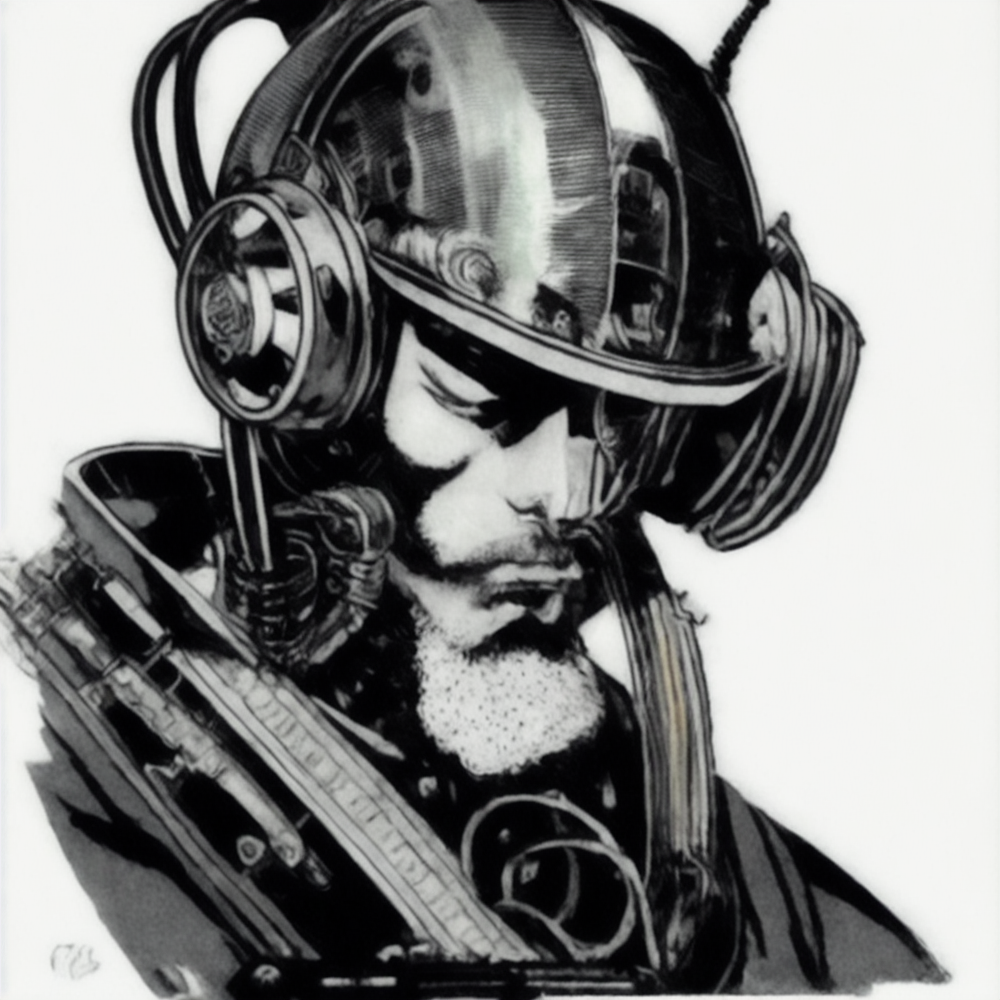
 6·9 months ago
6·9 months agoexcept some of the pilots note the objects ‘move side to side’ and starlink will form a consistent linear pattern maintaining the same distance.

 3·11 months ago
3·11 months agofinal note: this was uploaded today, but the interview was recorded 18 months ago. still a great interview.

 3·11 months ago
3·11 months agoi’m just over halfway through and should say this is an excellent interview. Nolan starts off slow but eventually gets into the state of his research findings, his personal UAP experiences and also discusses the biological circumstances that allow some people to perceive UAP more than others.

 3·11 months ago
3·11 months agoyeah, I heard that Spielberg was shown the Holloman AFB film and was essentially guided to make the end scene of Close Encounters based on that event.

 5·11 months ago
5·11 months agosecond part of interview drops tomorrow.
I’m starting to feel like some kind of disclosure is coming in the coming year. Grusch seems to hint as much. It may not have the wow factor of a presidential address, but maybe a more sudden kind of event that gets us there faster.
Unfortunately a sudden rush of info may be too much for people. A kind of cognitive dissonance worse than we saw with covid or 9/11. People may not respond rationally or in the healthiest way.
but bring it on anyway!

 2·1 year ago
2·1 year agoThis Paranormal podcast…what a crazy interview. I never heard this idea that some UAP could be people visiting from our past. Not sure how we square that, but intriguing.
But what really struck me was this idea that a backup, uncontrolled leak is waiting in the wings should the two Republicans in the House kill the Schumer amendment.
Lots of great nuggets. thanks for sharing!

 3·1 year ago
3·1 year agointerview with Rep Eric Burlison on this: Event Horizon

 4·1 year ago
4·1 year agoI’ll play.
Either McMurdo or Palmer stations in Antarctica. Would fit lots of threads that have been planted out there (looking at you Fox Maulder and John Carpenter).
And would definitely cause an international incident given its international legal status.

 1211·1 year ago
1211·1 year agoit’s heartening that the governor has been working so hard to solve the state’s crippling housing crisis…oh wait…what?

 171·1 year ago
171·1 year agoFrom my conversations with mainland Chinese, they often tout the line that the US was somehow involved, so it was partly an excusable defense of the homeland against dangerously co-opted students. That said, most acknowledge that it was pretty bad. But these are also well-educated Chinese working abroad, so I assume the majority of Chinese don’t know much.
One story I heard retold by an English teacher working in Nanjing that I used to know was about the experience of one of the people involved in the protests…or at least they were an academic in Beijing at the time of the massacre. They were really depressed 20 years later and felt that nobody around them, particularly their students, knew anything.

 1·1 year ago
1·1 year agono longer human then.

 84·1 year ago
84·1 year agozero knowledge proofs, like those being deployed on blockchains recently, have the potential to be the killer app for this tech. Imagine you want a library card which requires proof of residence. With a zero-proof identity system, you could get your library card without revealing any personal info, like your name or address. Your wallets would simply prove to the library that you are a resident as credentialed by some local/state authority.
This also could have profound implications for the web like universal logins to web services, online privacy while still providing attribution, ownership and rights to digital content, copyright, etc.

 11·1 year ago
11·1 year agoSam Altman’s Worldcoin is addressing this issue in a way. Your proof of humanity is tied to a unique eye scan. Similarly, a wallet whose private key is tied to biometric verification could greatly, but completely, secure one’s digital identity held in that wallet.

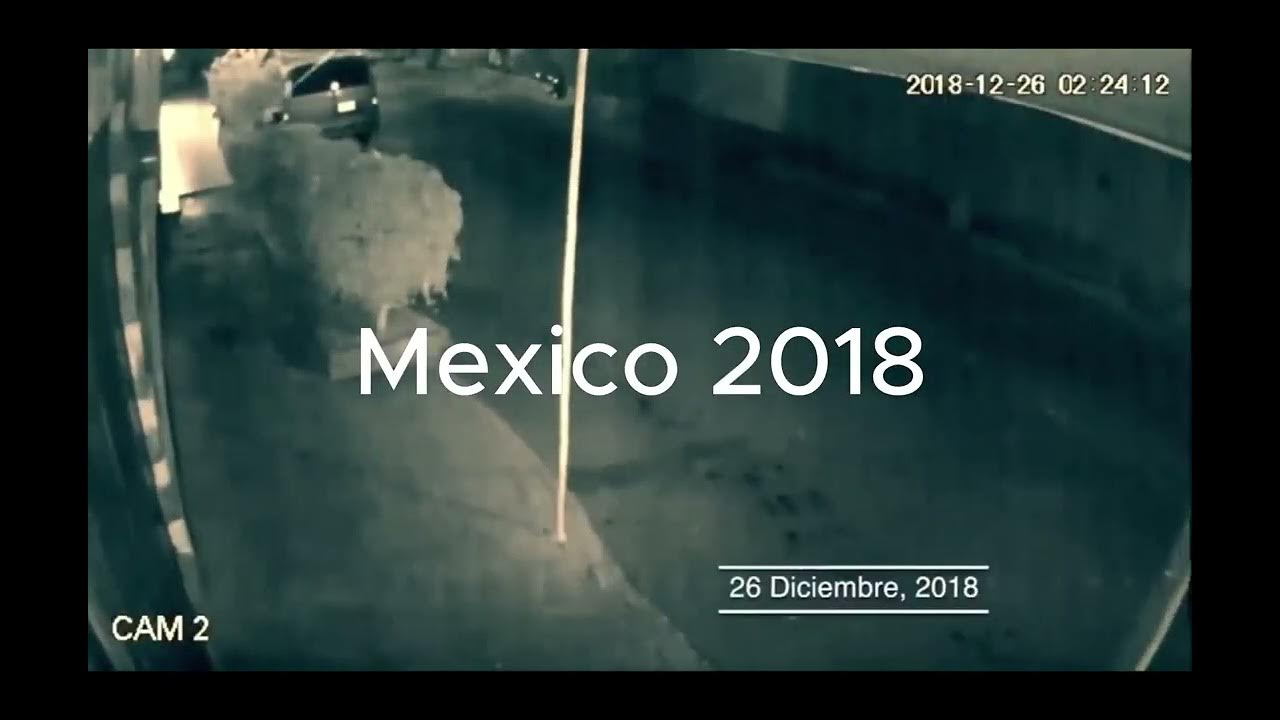
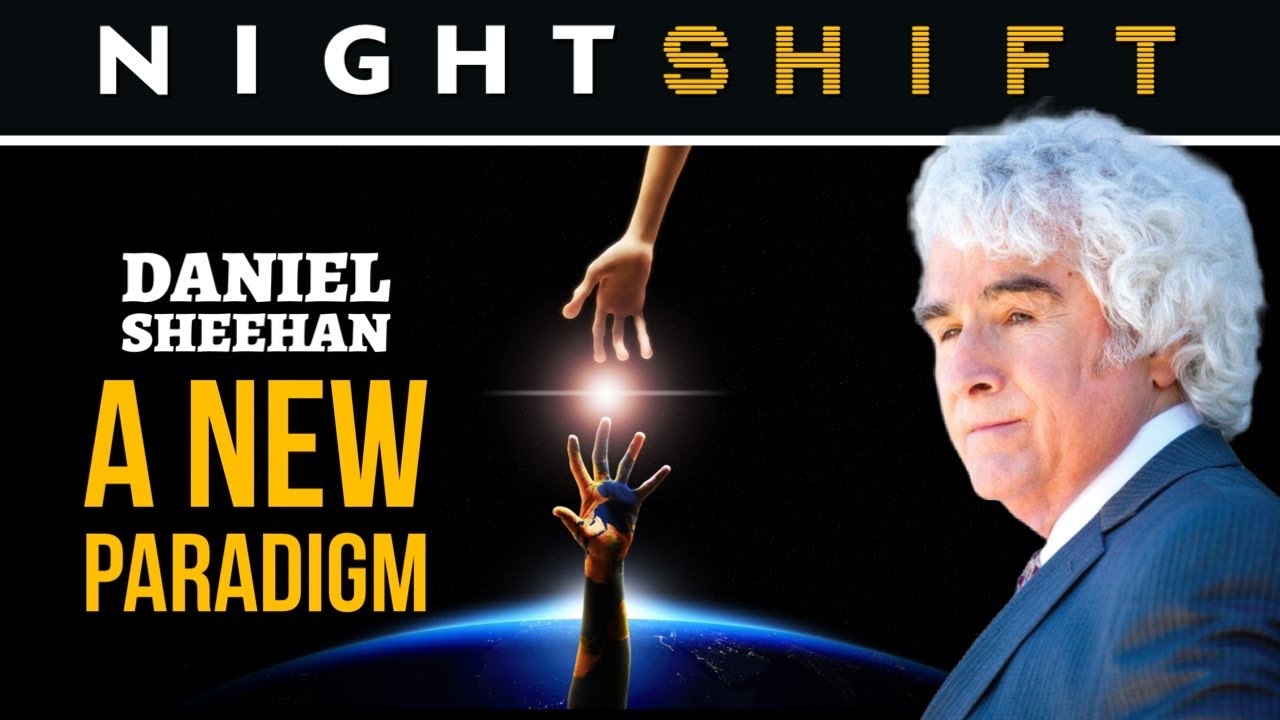

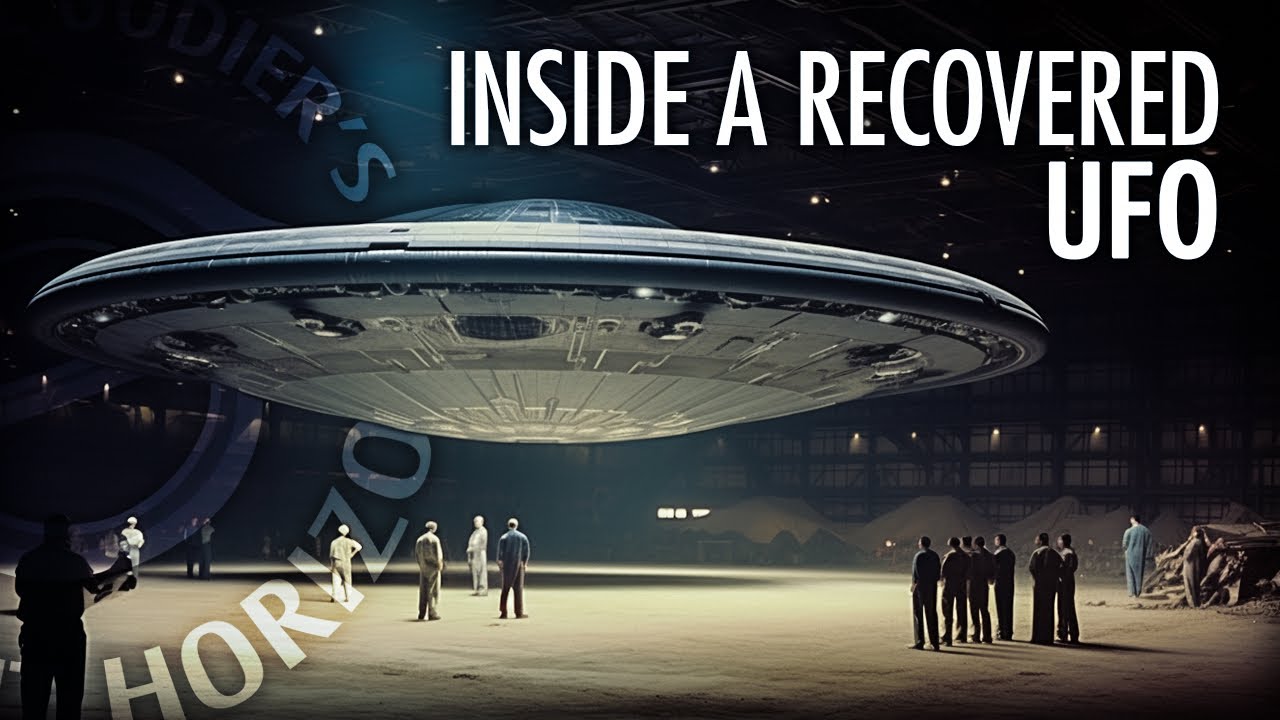

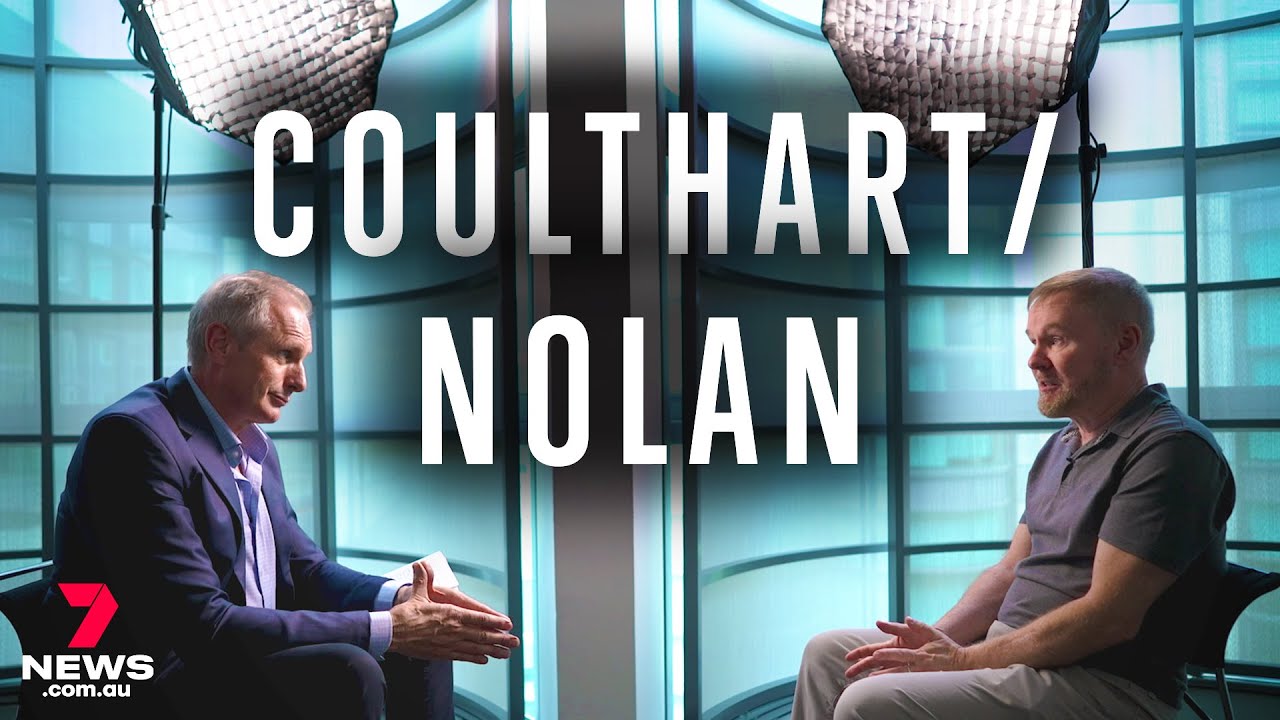
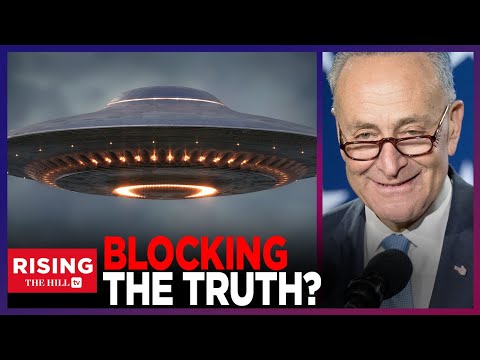
On the Pros/Cons slide there is mention that the US may be losing the UAP race. My thoughts went straight to the Alaska UAP shoot down during the Chinese ‘balloon’ incidents.